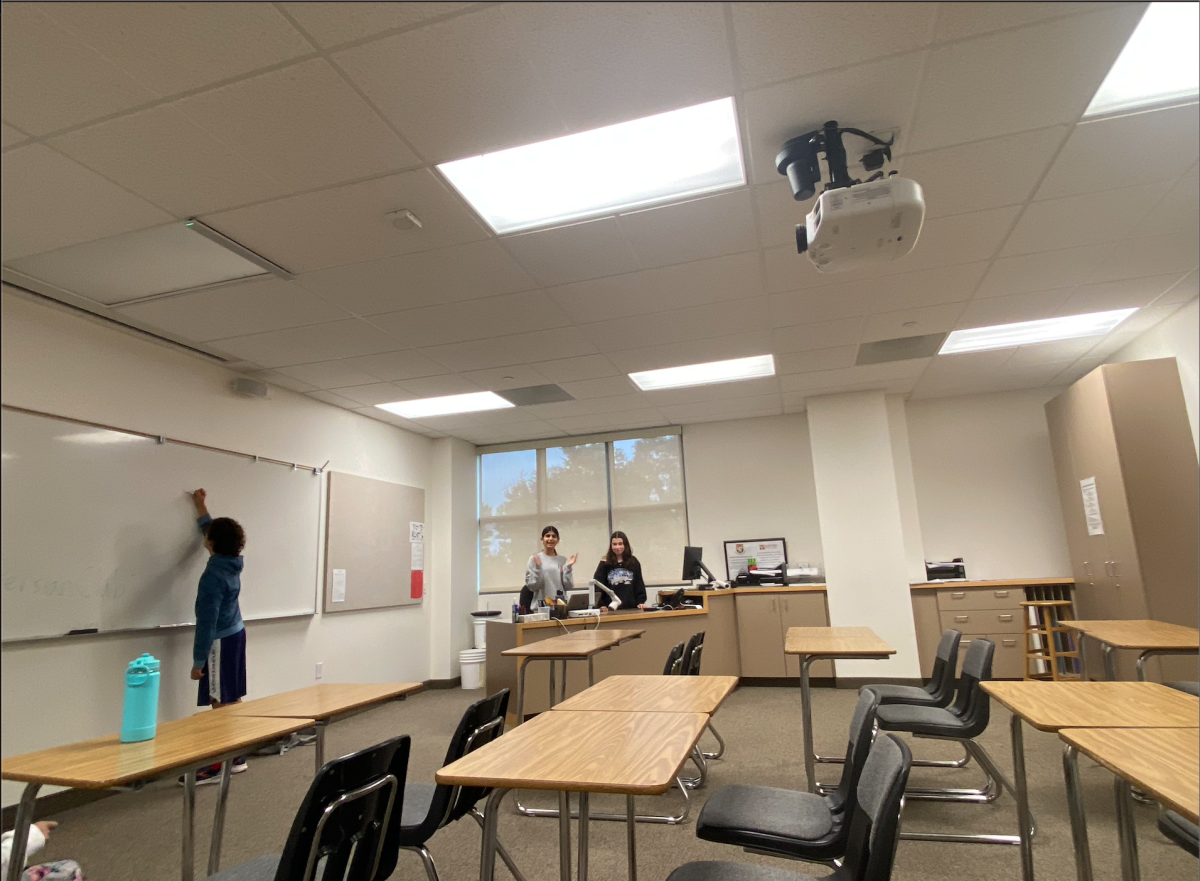The House of Representatives voted to terminate President Trump’s declaration of a national state of emergency Feb. 26.
The president had proclaimed a national state of emergency over issues related to illegal immigration at the border between the United States and Mexico during a press conference Feb. 15.
The House, in which the Democrats hold a 235-197 majority, approved the resolution in a 245-182 vote, with 13 Republicans joining the Democrats in opposing the president’s declaration.
The resolution will move to the Senate in the coming weeks. If it is passed, President Trump still has the power to veto it. Even if he vetoes the resolution, it can still pass if it gains a two-thirds majority in Congress.
The Senate is Republican-led with a 53-47 majority, but, as of press time, four Republican senators (Lisa Murkowski of Alaska, Thom Tillis of North Carolina, Susan Collins of Maine and Rand Paul of Kentucky) have stated that they will join the Democrats in voting for the resolution (against the president’s national emergency declaration), making it likely that the resolution will be passed by the Senate.
Prior to declaring the emergency, President Trump shut down the government for an unprecedented 35 days as a result of being denied border wall funding by Congress. After the shutdown ended, Congress reached a compromise and President Trump signed legislation that granted him $1.375 billion to increase barriers along the border of the United States and Mexico. Thus, his decision to declare a national emergency marks the first time a president has declared a state of emergency in order to bypass Congress after Congress rejected funding for a specific policy.
In the article, “16 States Sue to Stop Trump’s Use of Emergency Powers to Build Border Wall,” published Feb. 18 in the New York Times, writers Charlie Savage and Robert Pear write that in order to obtain these funds, the president had announced that he planned to redirect $600 million from a Treasury Department asset forfeiture fund, $2.5 billion from a military anti-drug account and $3.6 billion from military construction funds by declaring a national emergency, in addition to using the $1.275 billion already granted to him by Congress, adding up to
In response, however, multiple lawsuits have been filed against the administration by various organizations. Sixteen states, including California, have sued the Trump administration, as well.
As the country reacted in various ways, Harvard-Westlake (HW) students expressed their opinions regarding the emergency declaration through a lower school survey.
When asked whether or not they thought that California should have sued the Trump administration over the emergency declaration, 68.5 percent of the 111 survey respondents were in favor of the lawsuit, while 31.5 percent disagreed with the filing of the lawsuit.
Additionally, 76.6 percent of the survey respondents said that they do not believe that there is an emergency at the border between the United States and Mexico at all and 23.4 percent stated that they did believe that there was an emergency.
Furthermore, 83.8 percent of students responded that they thought that President Trump should not have declared a national emergency at the United States-Mexico border, while 16.2 percent of students responded that the president should have declared the national emergency. When asked if they believed that the president’s actions in declaring the emergency were constitutional, 77.5 percent responded that his actions were unconstitutional, and 22.5 percent responded that they were constitutional. At its fundamental level, the constitutionality of the declaration comes down to the president’s right to exert executive power versus Congress’ control of the purse.
Multiple respondents stated that they believed that the president was throwing a “temper tantrum” in order to gain funding for the wall.
In the survey, respondents expressed their opinions on the effects of the ban on the country’s government.
“It’s a blatant abuse of his [President Trump’s] power. Congress is responsible for providing funding. By circumventing Congress, Trump is circumventing our democracy,” an anonymous survey respondent said.
“The declaration of a national emergency is executive overreach. However, many presidents who preceded him declared false national emergencies as well. I believe the national emergency declaration will have a positive impact if struck down, since it will result in a decisive ruling further limiting executive power,” another student said.
Some students believed that the funding that would be redirected to fund more barriers at the border would be better spent elsewhere.
“Instead of spending billions of dollars on a ridiculous political ploy we should focus our money [on] addressing legitimate national emergencies such as climate change and gun violence,” Lorenzo De Felitta ’23 said.
Finally, respondents commented on how the national emergency declaration has divided and changed the United States as a whole.
“America’s full name is the ‘United States of America’, and the country is supposed to be what it is said to be: united. But the current state of our country is completely the opposite of united. Although this issue with the border wall seems like something that can be abolished with a bill or an act of Congress, this ‘national emergency’ that our president has declared only proves how people in this country are being pitted against themselves when we should be accepting of our differences, rather than attacking each other, and work[ing] together to unite the country the way it should be,” Brielle Lubin ’24 said.
















